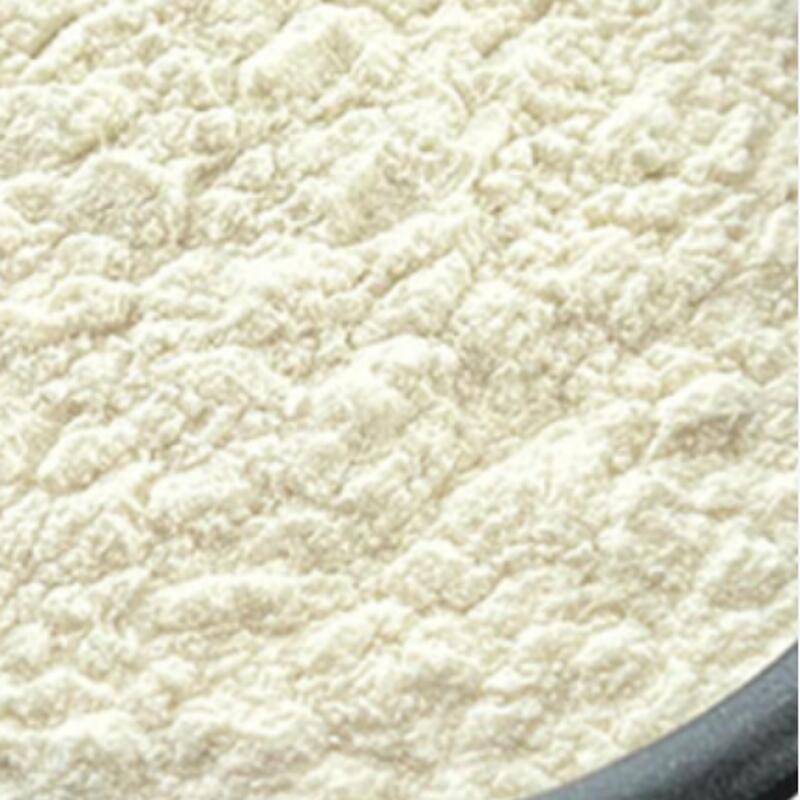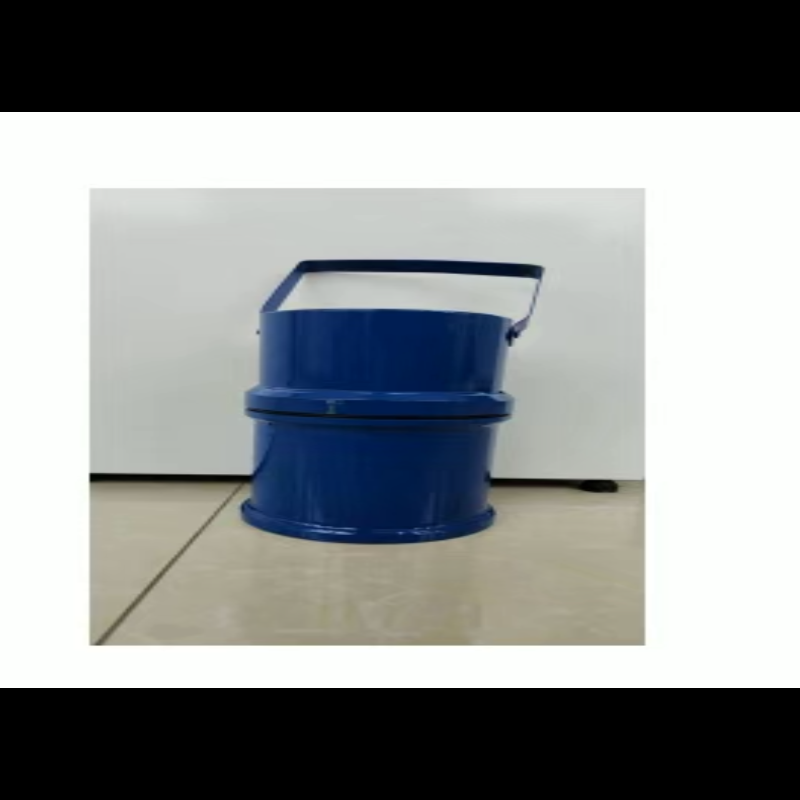-
Categories
-
Pharmaceutical Intermediates
-
Active Pharmaceutical Ingredients
-
Food Additives
- Industrial Coatings
- Agrochemicals
- Dyes and Pigments
- Surfactant
- Flavors and Fragrances
- Chemical Reagents
- Catalyst and Auxiliary
- Natural Products
- Inorganic Chemistry
-
Organic Chemistry
-
Biochemical Engineering
- Analytical Chemistry
-
Cosmetic Ingredient
- Water Treatment Chemical
-
Pharmaceutical Intermediates
Promotion
ECHEMI Mall
Wholesale
Weekly Price
Exhibition
News
-
Trade Service
7.
(1) Qualitative target compound
Qualitatively based on the retention time of each component of the standard substance and the comparison of the standard mass spectrum
(2) Quantitative calculation
1.
The relative response factor RRFi of the target (or substitute) in the ith point of the standard series is calculated according to formula (1)
In the formula, A i —— the response value of the quantification ion of the ith target (or substitute) in the standard series;
A ISi ——The response value of the internal standard quantitative ion corresponding to the i-th day standard substance (or substitute) in the standard series;
p IS ——the mass concentration of the internal standard in the standard series;
p i ——the mass concentration of the target substance (or substitute) at the i-th point in the standard series
The average relative response factor of the target (or substitute) is calculated according to formula (2)
In the formula, n——the number of standard series points
2.
When the monthly standard (or substitute) is calibrated by the average response factor, the mass concentration p ex (ug/L) of the target (or substitute) in the sample is calculated according to formula (3)
In the formula, A x —— the response value of the quantitative ion of the target (or substitute);
A IS ——The response value of the internal standard quantitative ion corresponding to the target (or substitute);
p IS ——the mass concentration of the internal standard substance, ug/L;
——The average relative response factor of the target (or substitute)
3.
In the formula, p i ——the mass concentration of the target compound calculated from the calibration curve, mg/L;
V——The constant volume of the sample, mL;
m——the mass of soil sample (wet weight), g;
w dm ——the dry matter content of the soil sample, %
8.
(1) At least one transportation blank and full procedure blank should be collected for each batch of samples
①The concentration of the target substance is less than the detection limit of the method;
②The concentration of the target substance is less than 5% of the relevant environmental protection standard limit;
③The concentration of the target substance is less than 5% of the sample analysis result
(2) Before the analysis of each batch of samples or within 24 hours, the instrument performance inspection should be carried out, and the calibration confirmation standard sample ( p-bromofluorobenzene ) and blank sample should be measured
(3) The configuration of the standard series should be at least 5 points, and the configuration mass concentration range should cover the mass concentration of the sample to be tested
.
If the average relative response factor is used for quantification, the RSD of the relative response factor should not exceed 30%; if the least square method is used for quantification, the curve correlation coefficient needs to be no less than 0.
990
.
(4) Each batch of samples should be subjected to parallel analysis and matrix spike analysis
.
The recovery rate of standard addition of substitutes and matrix in all samples is in the qualified range of 80% to 130%
.
For a parallel sample, the relative deviation of the substitute in the parallel sample should be within 25%
.
Nine, matters needing attention
(1) Do a good job of quality control of the blank leachate
.
In matrix addition, if the target substance is spiked, the matrix effect is likely to occur, resulting in a low recovery rate.
At this time, the sample should be repeated.
If the recovery rate of the substitute is still unqualified, it indicates that the sample has a matrix effect
.
At this time, a blank spiked sample should be analyzed, and the target recovery rate should be between 70% and 130%
.







